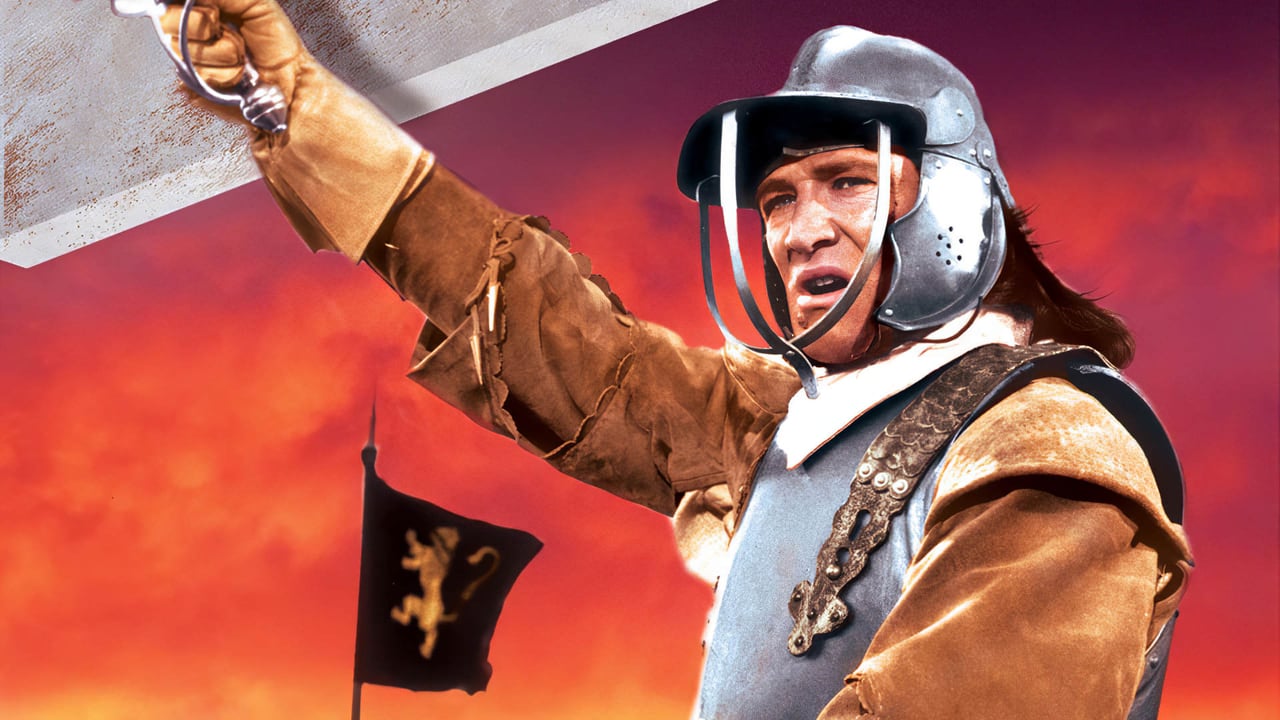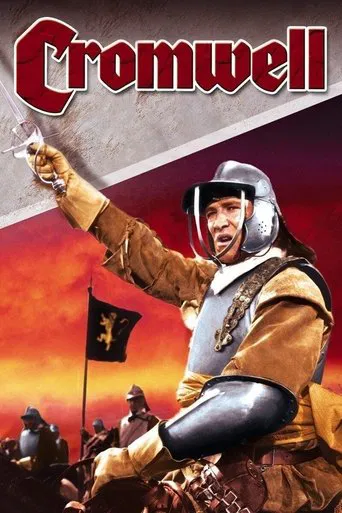

CROMWELL is one of those big budget historical epics that were all the rage in the 1960s and early 1970s. It's similar in scope to WATERLOO but not quite as lavish, although it does try very hard. The English Civil War has rarely been attempted on screen so it's rather commendable that they attempted to depict it here. Overall I liked the film, although it didn't amaze me.One of the film's problems is with the hulking cast list featuring a ton of notable faces in notable roles. Of the characters, only Charles I and Oliver Cromwell have any kind of depth, with both Guinness and Harris excelling, particularly the latter who gets to grips with his character's depth and loyalties. The rest are fun to see but act as window dressing, although with the gorgeous scenery and costumes it's very nice window dressing. The big battle scenes are the best part of this production, which is occasionally overlong and drags at the climax, but otherwise hits the mark.
... View MoreIt is strange indeed that there is such a variety of interpretations of the film, quibbles about historical accuracy etc. when the closing narration both makes crystal clear what the film's purpose is and makes claims far more controversial than the film's strongest detractors have noticed. The narration celebrates the change from absolute to a constitutional Monarchy and Cromwell for bringing it about. It says that the 5 years of Cromwell's "reign" brought about an England "feared, respected and powerful". It takes obvious pride in him not just on England's behalf but much more widely as having established the principal of the primacy of parliament over the monarchy. Surprising that reviews quibbling over points of historical accuracy don't mention this narration with its central claim and entirely uncritical celebration of Cromwell.Since 1899 a statue of Cromwell has had a prominent location in the gardens of the British Houses of Parliament, something not without controversy from then until now. The statue's continuing presence can be read as Parliament's loud - and proud - assertion of its primacy.The script and the choice of one of the UK's finest actors, Alec Guinness, gave a gracious and nuanced portrayal of Charles 1. The choice of Richard Harris added to a blunt, forceful and determined Cromwell. The portrayal of a Parliament left to make up its own rules - and Cromwell's dramatic return with the Army to impose his view is memorableIt is a fine and interesting film, also a history lesson but one not everyone would celebrate. It is about politics, not pageantry
... View MoreDespite the eponymous title, writer/director Ken Hughes forgot to include a single piece of insight into what made British martyr Oliver Cromwell tick. Instead we have a mediocre battle of wills between Cromwell (Richard Harris) and King George I (a very uneasy looking Alec Guinness). Harris would have us believe that Cromwell spent all his time either yelling at the top of his lungs about how miserable England is or muttering anti-Catholic notions to no one in particular. He doesn't so much as act as he does recite his dialog. Guinness, with goofy looking hair (both on his head and chin) seems to be working in a different film, a satire of a David Lean epic perhaps? Hughes mounts several chilly battle scenes, virtually all via long-shots so there's never any sense of danger or, frankly, excitement. This is film with a lot of pomp and very little circumstance. The supporting cast is large and includes the likes of Robert Morley, Charles Grey, Timothy Dalton and Dorothy Tutin (infusing a lot of life into her few scenes as Guinness's unpleasant wife, Queen Henrietta Maria). Well known ham Patrick Wymark hams it up mightily as the Earl of Strafford.
... View MoreThis movie is perfect for people who have not previously learned about Cromwell and the civil wars, as it gives a brief overview of the key battles, arguments and causes of the problems between King and country. The Battle of Naseby, the New Model Army, the execution of the King are shown in an entertaining way, and we are shown the personalities of both Cromwell and the King in depth.However, Harris as Cromwell was disappointing, acting far more dramatically and aggressively than I imagined Cromwell to be, and in scenes where his aggressive puritanism wouldn't really have reared its head. The film's depiction of Cromwell, considering the picture of a hero on the front cover, is mixed up and full of inaccuracies: he is shown as one of the five members who Charles tried to arrest and he forces others to accept and sign his death warrant, both not true.Certain characters are acted out perfectly, like Prince Rupert who is as eccentric and passionate as I expected him to be, but there was a general air of dramatisation about the film that at times got in the way of the true events. Good for people who just want an overview of the period, but too many inaccuracies for it to be a relevant, informative film if you have already learnt about Cromwell.
... View More